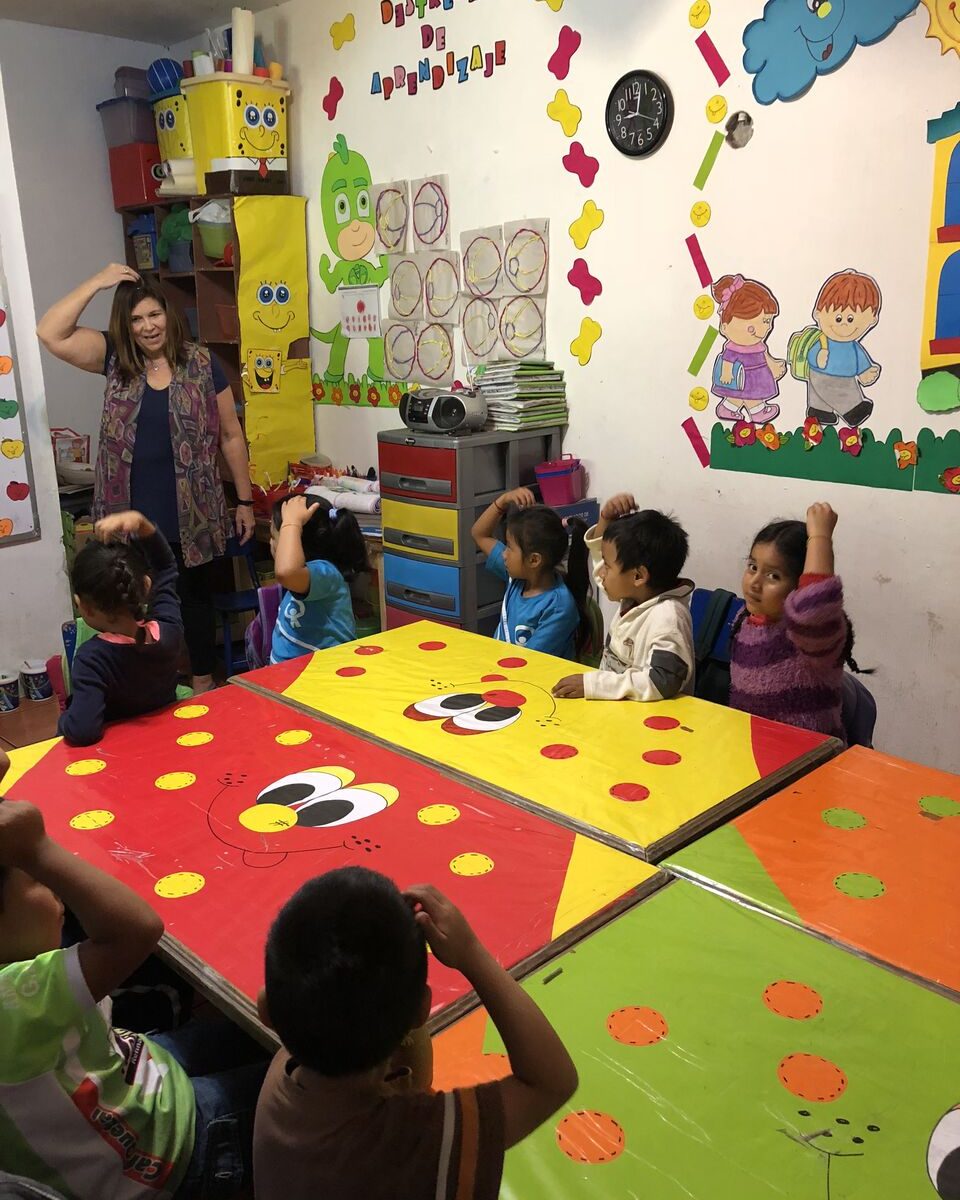Mental health is a common consideration when it comes to children’s overall well-being, as previous research from the Centers for Disease Control and Prevention (CDC) shows that one out of seven U.S. children had a diagnosed mental, behavioral, or developmental disorder. Both mental health and emotional development are fundamental aspects of children’s development, however, psychotherapist Amy Morin notes, “Emotional intelligence is part of mental strength. But mental strength goes beyond emotions and addresses the thoughts and behaviors that affect the overall quality of your life. Mental strength involves developing daily habits that build mental muscle.”
Developing habits that help children cope with the different ramifications that accompany mental health issues is a critical aspect of childhood that also extends into adulthood. As children grow and begin to develop a sense of self, they begin to identify emotions, understand why they happen, and how to manage them appropriately. As children develop, the things that provoke their emotional responses change, as do the strategies they use to manage them. We can guide our children with the following ideas that will foster fruitful self-care tendencies.
Creative Expressions
It’s not always easy to verbalize negative feelings or emotions that are festering within us, especially for children. Journaling can be a great form of release because of its simplicity and versatility. For younger children, provide them with a notebook or coloring book that allows them to switch their focus from negative thoughts to the present moment. Certified art therapist Marygrace Berberian notes, “Coloring definitely has therapeutic potential to reduce anxiety, create focus or bring [about] more mindfulness.”
For older children, encourage them to use a journal to write down their feelings and any questions that may accompany them. Incorporate mental health materials such as discussion guides that provide a list of questions to spark meaningful and informative conversations, which can be especially helpful if your child has an upcoming appointment with a doctor or therapist regarding a mental health diagnosis.
Sensory
Using tools easily available to children gives them the opportunity for continuous success as they create habits of caring for their mental health. Tapping, or EFT, can be used anywhere at anytime, and learned by children as young as 3 years old. Using their hands and voices to Tap on meridian points, children acknowledge their feelings, calm their stress response, and learn to self-manage any issues that arise during the day. By doing so, children become resilient problem-solvers who feel in control of their mind and body, developing their mental strength. This technique provides children and teenagers with the tools to understand and manage emotions, develop social awareness and relationship skills, reduce academic stress, and become resilient learners.
Help your child practice mindfulness – a mental state achieved by focusing one’s awareness on the present moment, while calmly acknowledging and accepting one’s feelings, thoughts, and bodily sensations. There are many ways to teach your child mindfulness through breathing. Using “mindful breathing” teaches children how to use their breath consciously to change the emotional and biological state of their body. It is important to have a space and set time of day for this practice, allowing it to become an easy-to-use habit of self-care. There is also power in modeling mindful breathing yourself and encouraging little ones with positive affirmations. The interactive children’s book, My Magic Breath by Nick Ortner and Alison Taylor, is also a great tool to teach children how to practice mindfulness and use their breathing to manage any negative feelings, bringing their attention to the present moment.
Exercise
The physical benefits of exercise are well-known, however, the benefits exercise has on mental health are less obvious. Physical activity stimulates the production of endorphins– naturally occurring chemicals in the body that reduce your perception of pain and trigger positive feelings. Exercising regularly can improve overall mental health by reducing stress, decreasing feelings of anxiety and depression, and boosting one’s self-esteem. Children can include exercise into their daily routines effortlessly through activities they already enjoy such as biking, swimming, or dancing. As a parent, you can encourage physical activity and show support by engaging in physical activities with your child through simple things like going for a walk around the neighborhood together. Exercise is an easy yet fun way to get outside, become energized and even interact with others.
By instilling self-care habits early in our children’s lives, such as Tapping or mindful breathing,we are providing our children the opportunity to overcome any emotional and mental challenges they may face in a healthy and productive manner.
Until next time…
Keep Tapping!
Nick Ortner

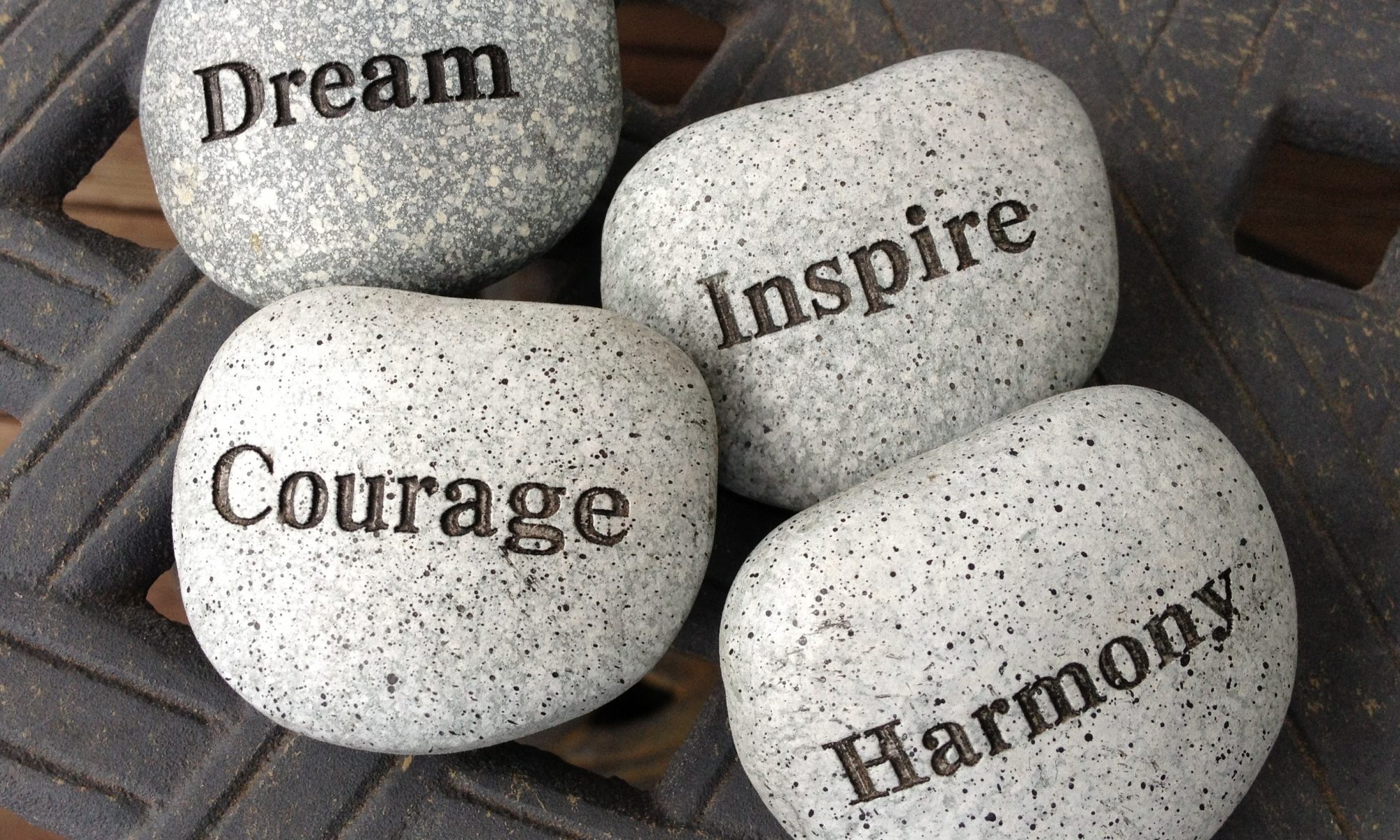
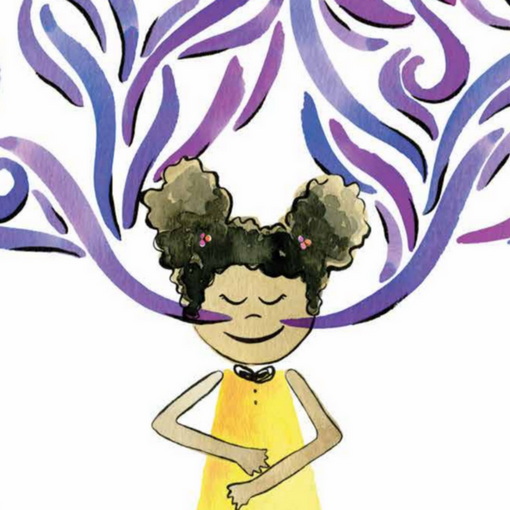
 Just like adults, children will experience the same emotions of stress, anxiety, worry, sadness, anger, fear, etc. as they go about learning and growing.
Just like adults, children will experience the same emotions of stress, anxiety, worry, sadness, anger, fear, etc. as they go about learning and growing.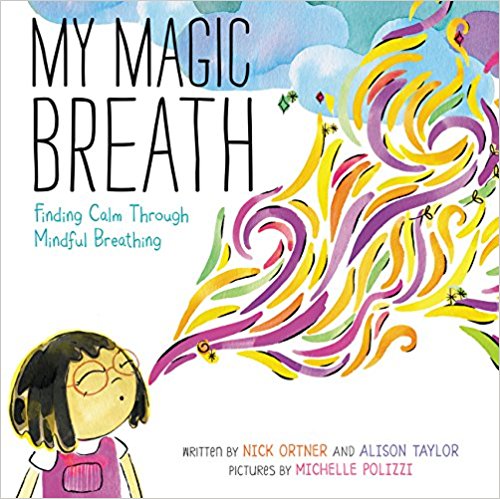
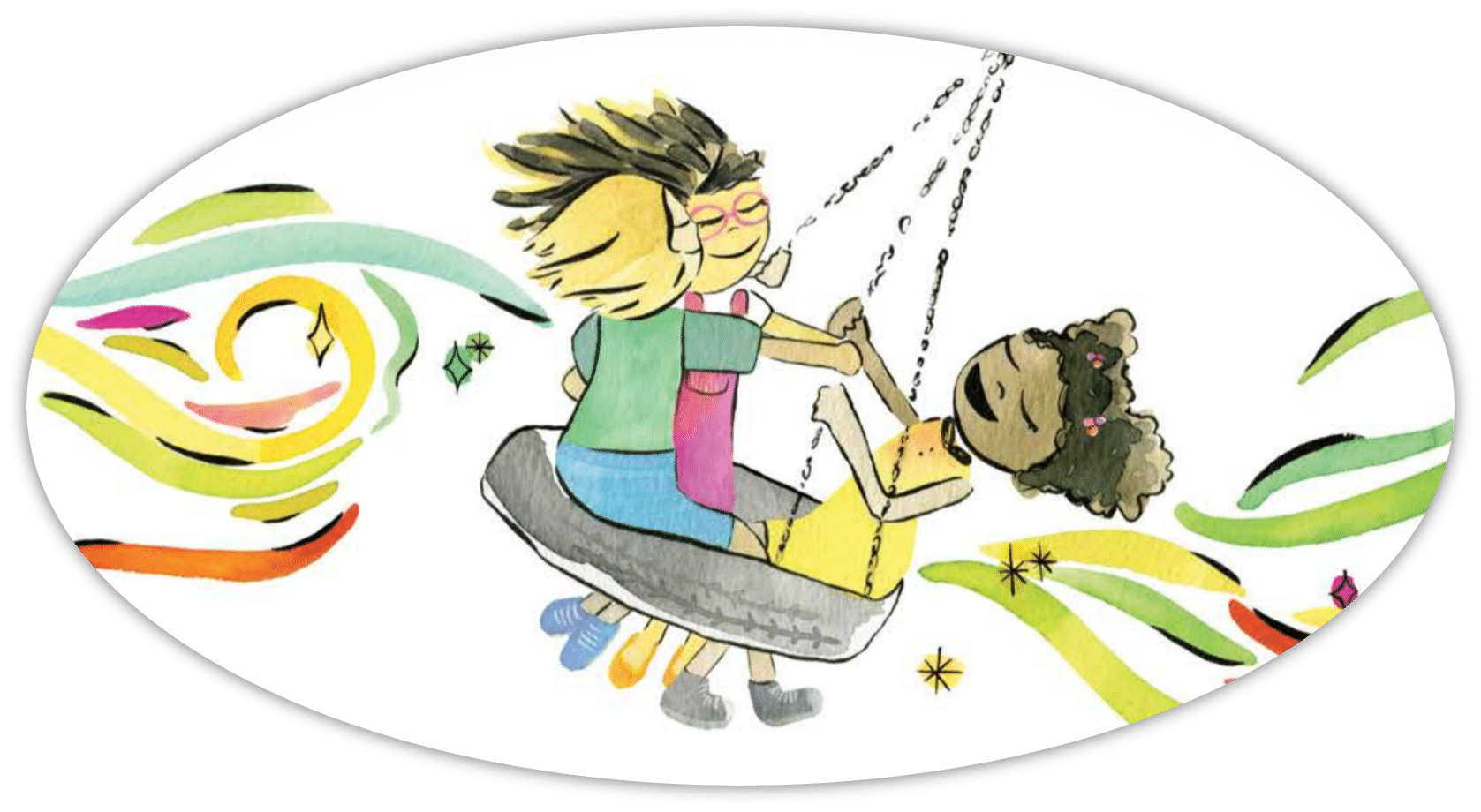

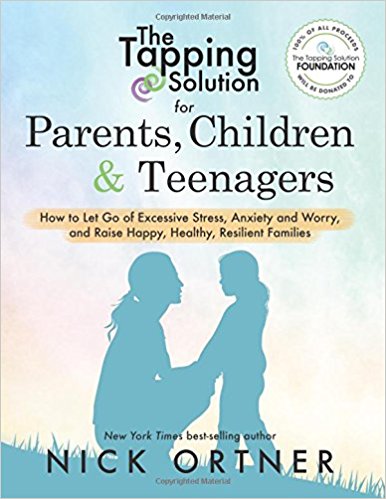
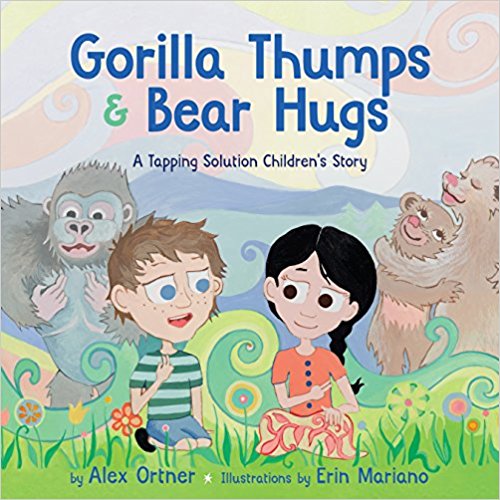

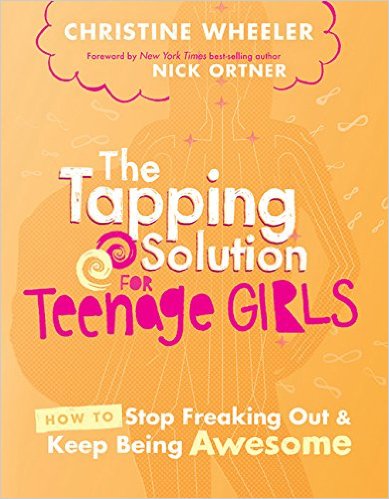


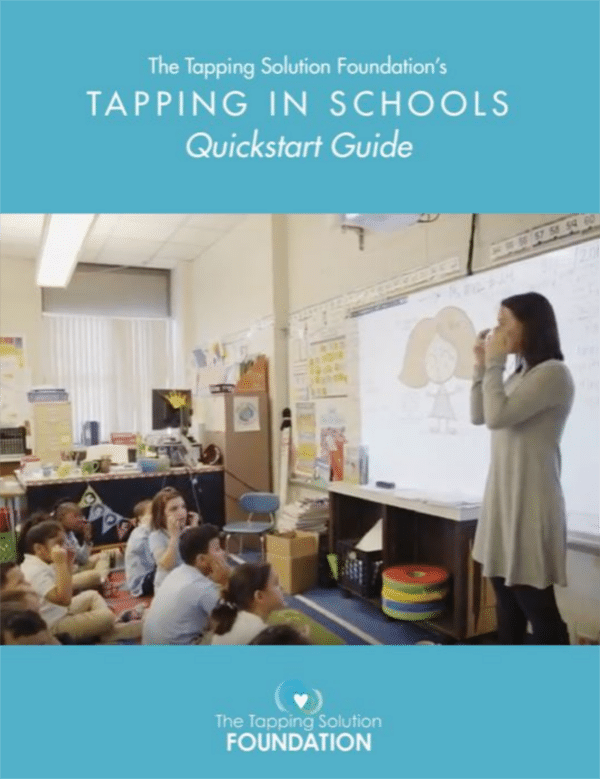
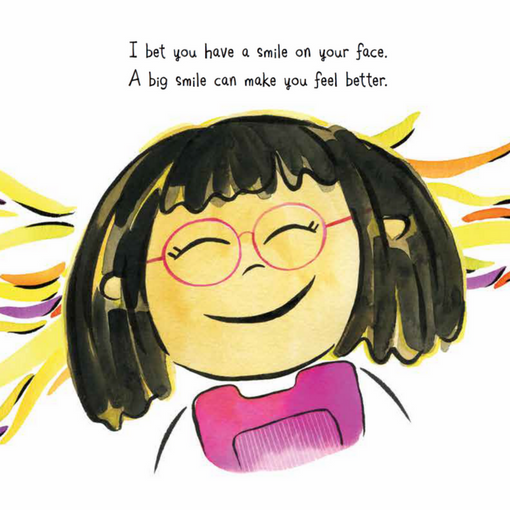
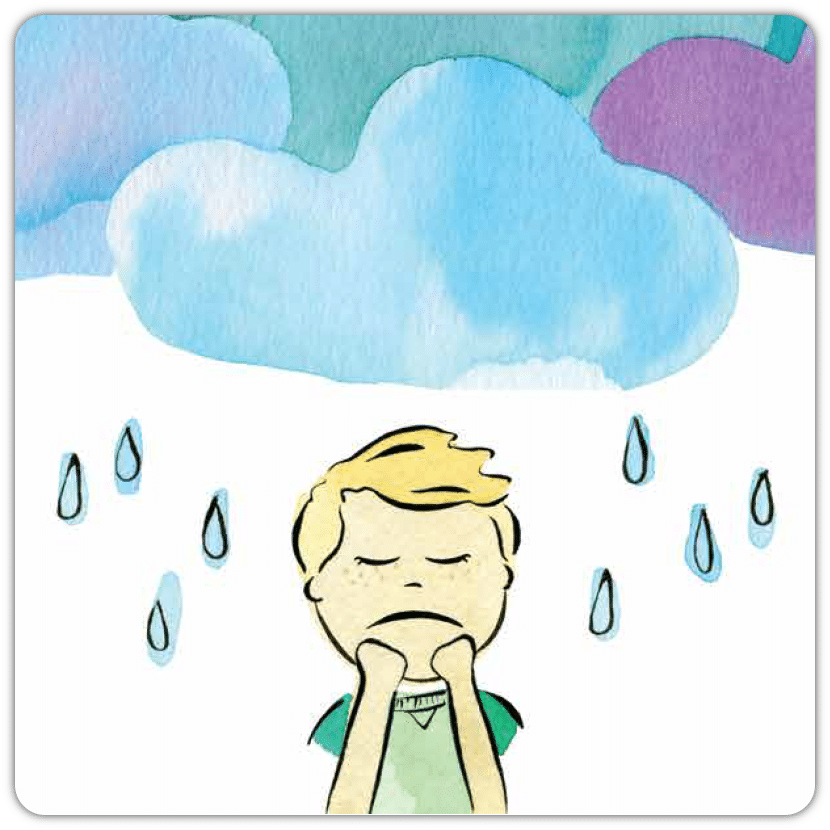 That’s because the child’s mind is very much influenced by their immediate environment and can’t always correctly process the events that take place. Something simple like an embarrassing moment at school can be misinterpreted as “dangerous”.
That’s because the child’s mind is very much influenced by their immediate environment and can’t always correctly process the events that take place. Something simple like an embarrassing moment at school can be misinterpreted as “dangerous”.